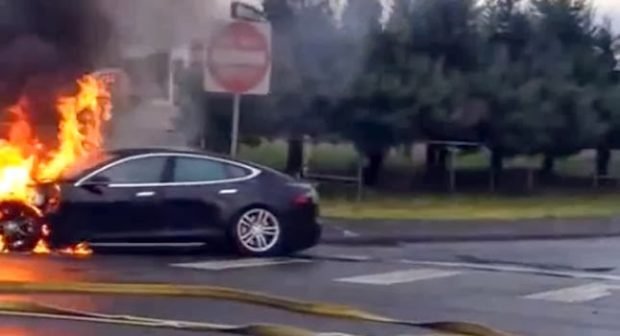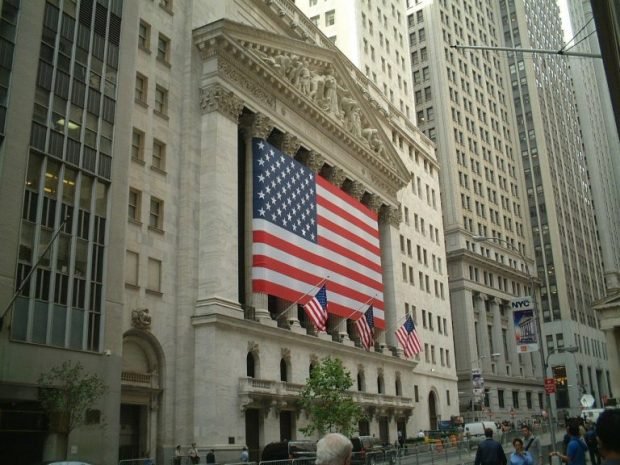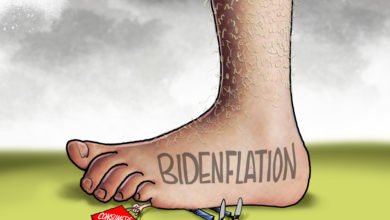People Are Falling Behind On Their Car Payments At Levels Not Seen Since The Financial Crisis

The portion of Americans that are “severely delinquent” on their car loans in December hit the highest level since February 2009, according to analytics firm Cox Automotive.
The rate of severe delinquency — typically defined as being delinquent on a loan by more than 90 days — increased to 1.84% in December, up from 1.74% in November, and up 0.39 percentage points compared to December 2021, according to a Cox report. Despite the elevated rates of delinquency, defaults declined 13.5% month over month to an annualized rate of 2.56% in December, below the rate of 2.98% set in 2019.
The results broadly mirrored those found by credit reporting agency TransUnion, the company told the Daily Caller News Foundation. Most of the increase was the result of delinquency on loans offered by independent lenders early in the COVID-19 pandemic, according to TransUnion.
One likely explanation for this phenomenon is that, due to high levels of inflation and a low levels of unemployment, “borrowers still have income, but their pay doesn’t go as far as it used to,” Peter C. Earle, an economist at the American Institute for Economic Research (AIER) told the DCNF. “They’re ‘juggling’ their payment obligations. So they haven’t defaulted outright, but their debt payments are arriving later, they’re not paying the full amounts due every month, etc.”
Loans have also gotten less affordable in part due to the Federal Reserve’s efforts to curb inflation, Earle said. The Fed aggressively raised interest rates in 2022 in a bid to slow economic activity and reduce inflation, which in turn pushed up the cost of auto loans.
Through the fourth quarter of 2022, the average annual interest rate on auto loans climbed to 6.5%, up from 4.1% at the same time in 2021, according to online car seller and industry analyst Edmunds. A record-shattering 15.7% of consumers had a monthly loan payment of $1,000 or more in the fourth quarter of 2022, up from 10.5% at the same time in 2021 and 6.7% in 2020.
While Cox Automotive was still calculating total repossessions for 2022, the company’s analysts anticipate the result to be somewhere between the 1.14 million conducted in 2021, and 1.68 million that took place in 2019, a Cox Automotive spokesperson told the DCNF. Like Earle, Cox Automotive analysts credit low unemployment for helping keep default rates low.
With both overall sales and the number of subprime car loans down compared to 2020, lenders are more likely to restructure deals for troubled customers, Cox Automotive chief economist Jonathan Smoke argued in a December blog post. The “real worry” for the auto industry is that the market is in a recession, not a spike in defaults and repossessions, according to Smoke.
However, Earle told the DCNF that a recession might drive defaults.
“If we have a severe recession this year, or interest rates stay elevated without increases in wages or compensation, a good number of these delinquent loans will become fully nonperforming and considered in default,” Earle said.
Content created by The Daily Caller News Foundation is available without charge to any eligible news publisher that can provide a large audience. For licensing opportunities of our original content, please contact licensing@dailycallernewsfoundation.org.



